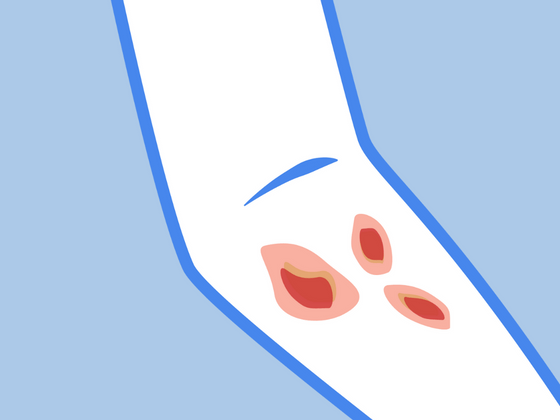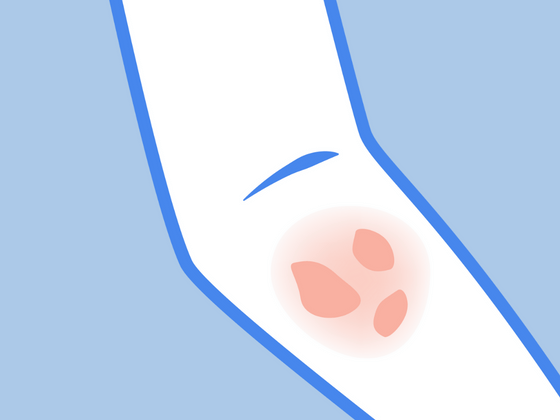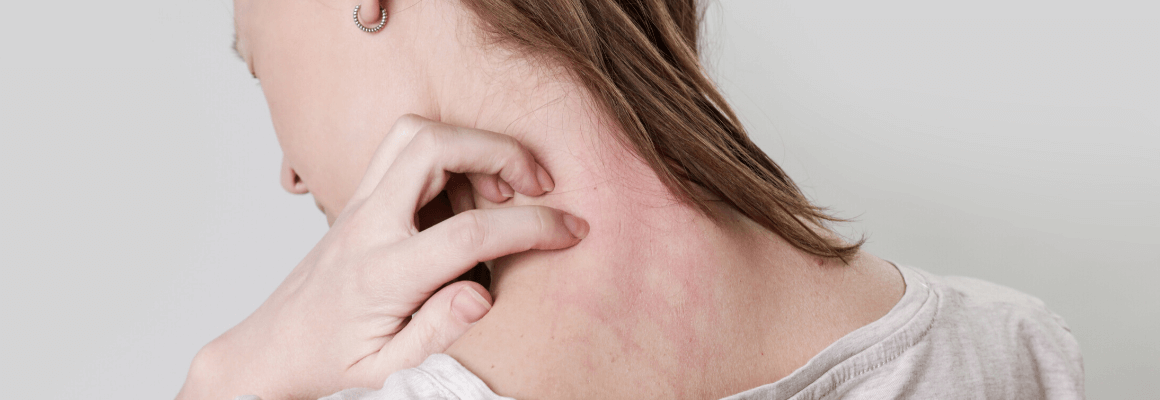If you suffer from eczema, you know firsthand that itchiness is one of its defining characteristics. Because of this, many people make dietary and lifestyle changes or turn to creams and ointments in an attempt to find relief. Fortunately, amidst all the harmful ingredients that actually exacerbate symptoms and do more harm than good, there are some natural eczema cream options and remedies that are soothing and calming for eczema-prone skin ― such as aloe vera.
Keep reading to discover whether aloe vera is good for eczema and learn how you can use this natural moisturizer to nourish dry skin.
Please keep in mind that although these what we discuss in this post can relieve eczema, we are in no way medical professionals. If you’re experiencing severe eczema symptoms like an infection, it is best to seek medical advice immediately.
What is Aloe Vera?
Aloe vera is a succulent plant that is way more than just a lovely household decor. In fact, the gel derived from its leaves - which contains over 75 nutrients - has a long history of being used for medicinal purposes.
You probably know it for being helpful in treating sunburns, but it can also help relieve heartburn, potentially slow the spread of breast cancer, and soothes skin conditions like psoriasis and eczema.
Is Aloe Vera Good for Eczema?
Yes! Aloe vera is a natural moisturizer, making it perfect for treating a chronically dry skin condition like eczema. Here are some of the top benefits of using aloe vera on eczema-prone skin:
Extremely Hydrating
Because the plant thrives in dry climates, it’s able to combat the effects of the damaged skin barrier characteristic of eczema, by keeping the skin properly hydrated. In fact, aloe contains roughly 99% water, making it a powerful moisturizer for rough, dry patches of skin.
Antibacterial and Antimicrobial
Intense scratching can cause the skin to crack or bleed, making the body more vulnerable to infection as bacteria and viruses have an easier chance of entering. However, thanks to aloe vera’s antimicrobial and antibacterial properties, the risk of infection is significantly reduced.
Wound-Healing
Aloe's wound-healing abilities promote faster healing by soothing broken or cracked skin. This is thanks to two hormones known as Auxin and Gibberellins which have anti-inflammatory properties that help cracked or wounded skin heal faster.
Soothing Itch-Relief
In addition to its anti-inflammatory properties, aloe vera’s naturally cooling gel, helps soothe itchy, red skin. This cooling effect helps stop the vicious itch-scratch cycle typical of most eczema cases.
Aloe Eczema Treatments
Calendula Facial Cream for Eyelid Eczema
If you suffer from facial or eyelid eczema, you’ll adore this cooling treatment. Specially formulated with calendula resins, rooibos, DMAE, and aloe vera, it’s sure to reduce itching, repair skin, minimize scars and aid in wound healing. What’s not to love?
Organic Aloe Vera for Eczema Skin Soothing Spray
This gentle aloe vera spray is cooling, refreshing, and soothing. with its non-greasy formula, it's perfect for using anywhere on the body - including the scalp! For an extra cool treat, store it in the refrigerator between uses.
How to Apply Aloe Vera for Eczema
If you're not comfortable with using products that contain aloe vera as the main ingredient, it’s possible to apply aloe vera extract directly to the affected area of your skin and gently rub it in. The plant can be found in most health stores and supermarkets. To use, follow these simple steps:
- Clean the skin with water and eczema soap
- Cut the leaf
- Squeeze out the gel
- Apply it to the affected area within 2 minutes to prevent the skin from drying out
Remember that aloe vera cannot “cure” eczema but it can help effectively soothe flare-ups and manage its symptoms.
Before using any new product, including aloe vera, we highly recommend to check for potential allergies by doing a patch test first.
References:
https://www.medicalnewstoday.com/articles/323507.php








